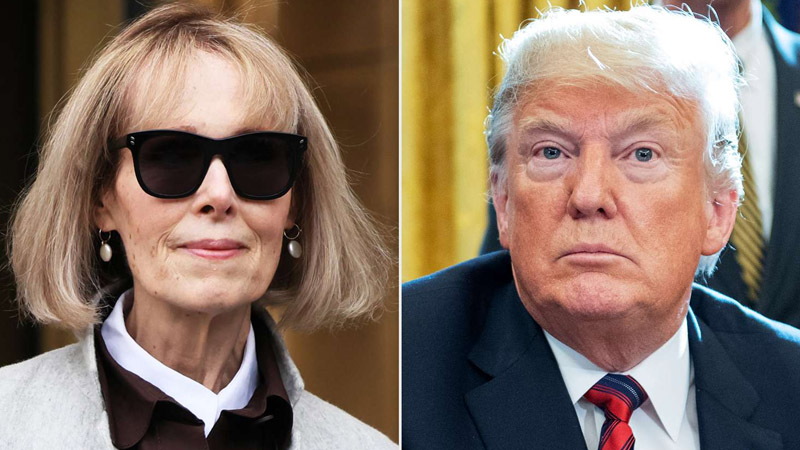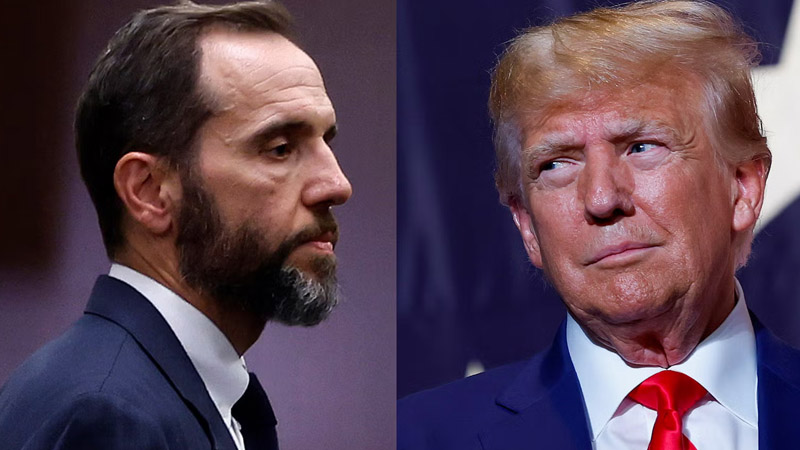Navigating Legal and Financial Hurdles in E. Jean Carroll’s Case Against Donald Trump

PHOTO: MICHAEL M. SANTIAGO/GETTY, RON SACHS – POOL/GETTY
The legal team of writer E. Jean Carroll encountered a significant challenge in ensuring the timely payment of damages following their victory against former President Donald Trump. A $91.6 million bond, put up by the Federal Insurance Company, contained a clause that could have allowed Trump an additional 60 days to settle the amount he owed to Carroll.
This clause stipulated that Trump would have an extra 30 days to pay Carroll, and if he failed to do so, the insurance company would have another 30 days to make the payment on his behalf. The Daily Beast reported that this potential delay was identified by Carroll’s attorney, Roberta Kaplan, who wasted no time in bringing the matter to the attention of U.S. District Judge Lewis Kaplan.
The judge responded swiftly, demanding that the clause be removed and that revised documentation be submitted without delay. His directive aimed to eliminate any loophole that might extend Trump’s payment timeframe. The bond was secured through FIC, a subsidiary of the larger Chubb Insurance Company, acting as a financial buffer for Trump and ostensibly offering him a grace period to meet his financial commitments to Carroll.
This arrangement, however, raised questions among professionals in the industry. Neil Pedersen, a New York bond agency owner, expressed confusion over the necessity of giving Trump, or any entity with substantial assets, such a grace period. Industry experts speculated that the additional time provided to Trump might have been a precautionary measure by FIC, considering Trump’s notorious history of dodging payments and delaying legal obligations.
N. Alex Hanley, an expert on corporate handling of large judgments, suggested that FIC was likely trying to protect itself against potential non-payment by a client known for his litigious nature. The situation highlighted the challenges and complexities of engaging with high-profile individuals like Trump in legal and financial matters.
His track record of legal skirmishes and contractual disputes necessitates an added level of diligence and caution from insurers and legal teams. The incident with the bond and its initially hidden clause illustrates how financial instruments, typically straightforward in their application, can become complicated when entwined with the legal entanglements of a figure as contentious as the former president.


